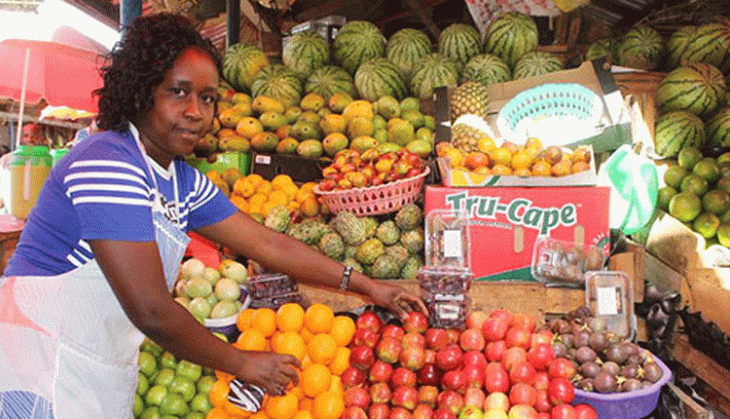Why focus should shift to sustainability

Christine Gatakaa
Is sustainability just a buzzword or is it something worth looking into? How can we define the word “Sustainability”?
Well, the most comprehensive meaning comes from the Brundtland Commission Report of the United Nations in 1987 which states: “Sustainability is the development that meets the needs of the present without compromising the ability of future generations to meet their own needs.”
So how did the awareness come about to the point that we are now? Going by history, this move can be traced back to the 18th and 19th century brought about by the Industrial Revolution.
This was a shift from an agrarian and handicraft economy to highly specialised machine manufacturing.
The adoption of this development spread across Europe and others part of the globe. It meant changes in the socioeconomic, cultural and technological aspects.
Major changes in technology saw application of science in industries. During the revolution, industries used coal, steam engines, electricity and various innovations, such as the spinning jelly and power loom in the agricultural sector.
This gave rise to minimal use of human labour, leading to an increase in output due to technological changes, essentially increasing the use of natural resources.
In modern day, sustainability involves a good analysis of how natural systems function while retaining their diversity and balance.
Our activities as humans take lots of resources to sustain our modern way of life, ascertaining our consumerist existence. It is through this, that our activities have caused great damage to the environment.
The results are increased greenhouse gases, leading to climate change and global warming, essentially causing drastic weather changes we are experiencing now, and the consequences would be enormous, if we lost this battle of sustainable development.
Thus, sustainability is a process that ensures that we live in synchronisation with the environment.
With this realisation, we should then focus on balancing our need to move forward technologically and economically.
The Gaia’s Principle observed that everything in nature is interconnected. Just to state an example, in product design, manufacturers may make decisions on materials or processes which have major impacts on the environment that they may never know about.
For the reason that businesses are in to make profits, top management may overlook the detrimental effects of their business operations to the environment.
These effects may never be felt in this lifetime but does this mean that they should not care!
The law of unintended consequences. We should appreciate how the world is made up of complex and interconnected systems which are the underlying code to everything that exists on earth.
We should stop the take, make and dispose model of our industrial process leading to unsustainable development.
We should adopt a more holistic view, a complex multi-dimensional model that involves a circular flow of ever diminishing natural resources.
We should focus on innovation that delivers greater functionality and interconnecting these systems.
The future of work depends on how responsive we are, to the needs of the vulnerable and how open we are to new and disruptive ideas.
Young talent from participating companies in the United Nations Global Compact are collaborating and accelerating business progress towards the Sustainable Development Goals (SDGs) that can contribute to building more resilient and equitable societies as part of the Young SDG Innovators programme.
Doing more with less is the vehicle that will get us to achieve sustainability. We should then use sustainability for innovative thinking to solve some of these critical issues that we face.
First, let us view sustainability as an opportunity and not a problem. All we have to do is to see it differently, think differently and we have to seek to understand how we can all make choices that have a positive consequence on the planet.
—The writer is the lead sustainability consultant at Verde Afrika —[email protected]









